Covid takes its toll on mental health of students

As students are getting ready to head back to university, studies show how their mental health has been impacted over the past 18 months. Some are calling for more support from the government.
When Claire Descombes found out in January this year that she faced another semester of remote learning, the mathematics student decided to create the Instagram page Anxiétudes Supérieures Suisse, as a place for students across Switzerland to anonymously share their struggles and worries brought on by the pandemic.
In the over 100 testimonies posted to date, students have revealed their daily battles such as eating disorders, made worse by the absence of a full schedule, or their anxiety around sitting exams with the increased pressure of a pandemic. Many have also spoken of feeling social isolation.
“In the middle of the Covid crisis you couldn’t see other students and it was quite easy to think, okay I’m the only one struggling,” Descombes said.

With students in Switzerland, like elsewhereExternal link, having spent much of the past 18 months at home, Covid has not only disrupted their day-to-day lives, but for many has also taken a toll on their mental health.
This autumn, universities are again allowed to offer in-person teaching, as long as masks are worn. But with federal and cantonal authorities updating regulations on a frequent basis, new measures could still come into force.
One study that has explored student mental health is by the Zurich University of Applied Sciences (ZHAW). Starting in March 2020, students at ZHAW were repeatedly surveyedExternal link about how the pandemic and the resulting regulations impacted their wellbeing. More than half of the school’s student population participated in at least one of the surveys.
The study’s director, Professor Julia Dratva, said one finding that was particularly surprising for her was that the prevalence of depression was up to three times higher in the student population than the rest of Switzerland. “We investigated depression at multiple time points during the pandemic and it didn’t go down,” Dratva said.
Depressed students
In comparison, the feeling of anxiety, which was high for students at the beginning of the pandemic, eased with time. The public expert thinks the levels of anxiety went down as the initial novelty of the virus decreased and people settled into new routines. “But depression relates less to the general fears, and more to topics like isolation, lack of support, change of structures and life changes,” Dratva said. “Apparently those factors stayed present.”
Although libraries have reopened and students in Switzerland are expected to return to campus this September, it is likely that the wellbeing of students will take a while to return to pre-Covid levels. “For students, who experienced a strong impact on their mental health, that is not something you overcome quickly,” she said.
University time marks the start of a new chapter and a transition to adulthood and independence. A move which was delayed for undergraduates this past year with socialising, extracurriculars and student jobs falling away, and many returning to live at home.
Although the drastic changes brought on by the pandemic touched all students, Zoe Bibissidis, the Co-President of the Swiss Student UnionExternal link, says those in their first year were impacted most. “Those who just started their studies hardly know anyone and for them it has been even harder to settle into university life,” she said.
More
Pressure to act
Earlier this year, the Swiss Student Union campaigned for politics to take on the matter, highlighting the “massive” impact the pandemic has had on student mental health. They published a call for help, saying that many students have seen their mental health pushed to the limit and are facing financial worries, leading to concerns that there will be an increase in corona-related dropouts. Some of the demands put to politicians include financial support for students, open libraries and clear conditions for examinations.
The call for help also included demands for counselling services to be free and easily accessible for the country’s over 250,000 students, a matter which was picked up in a postulate on the mental health of youth and was adopted by a chamber of Swiss parliament.
Bibissidis acknowledges that the pandemic did not just bring a drastic change for students, but for lecturers too. “The universities did try out a lot as it was also a new situation for them,” she said.
Many universities sought ways to recreate the university experience online and to lessen the mental impact of the pandemic. But despite their efforts, many students felt it was not enough.
Descombes, who is studying at the University of Bern, said the Instagram page she launched received more support than she anticipated and showed the need for a place where young people could share their experiences and feel like they weren’t alone.
The idea for Anxiétudes Supérieures Suisse came from the movement Étudiants Fantômes – “ghost students” – Descombes said, who felt inspired by how people were “starting to speak about the fact that students are invisible in this crisis.” Originating in France during the pandemic, Étudiants Fantômes was intended to highlight the plight of students during the Covid crisis and stress the need for additional resources and support.
Silver lining?
But there could be a silver lining to the countless challenges students faced.
Professor Dratva says she is optimistic about the future which lies ahead for those that had their educational pursuits disrupted by Covid. “The current students will have learned a lot and they will have mastered a lot of difficulties,” she said. “This will be a great generation.
While most of the difficulties look to have passed, for many students, the start of the new school year is tinged with apprehension. Descombes says there is still uncertainty around what university life will in reality look like when large numbers of students return to campus.
But, she is really happy at the prospect of a more typical student experience that once more includes real life events. “We want to live again as normal as possible,” she said.

In compliance with the JTI standards
More: SWI swissinfo.ch certified by the Journalism Trust Initiative








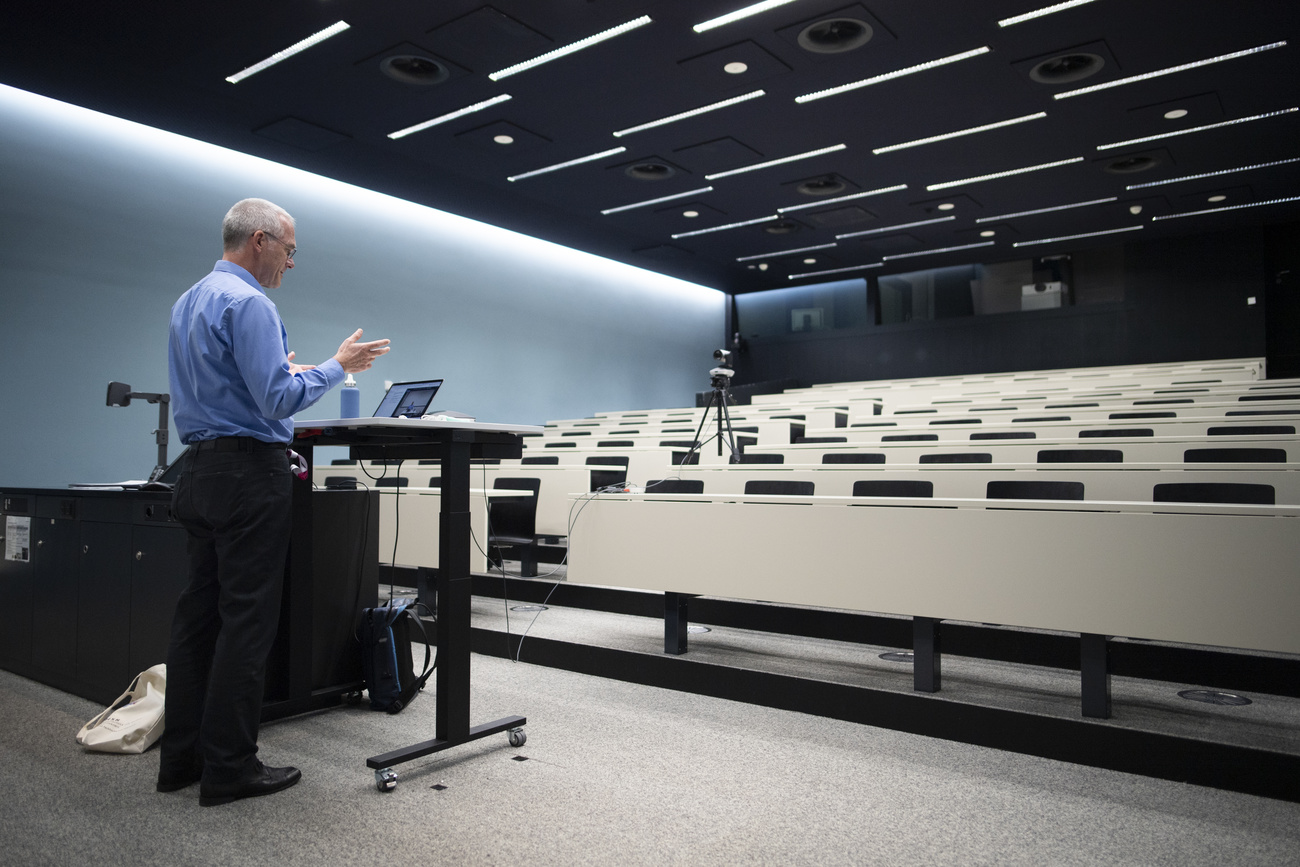
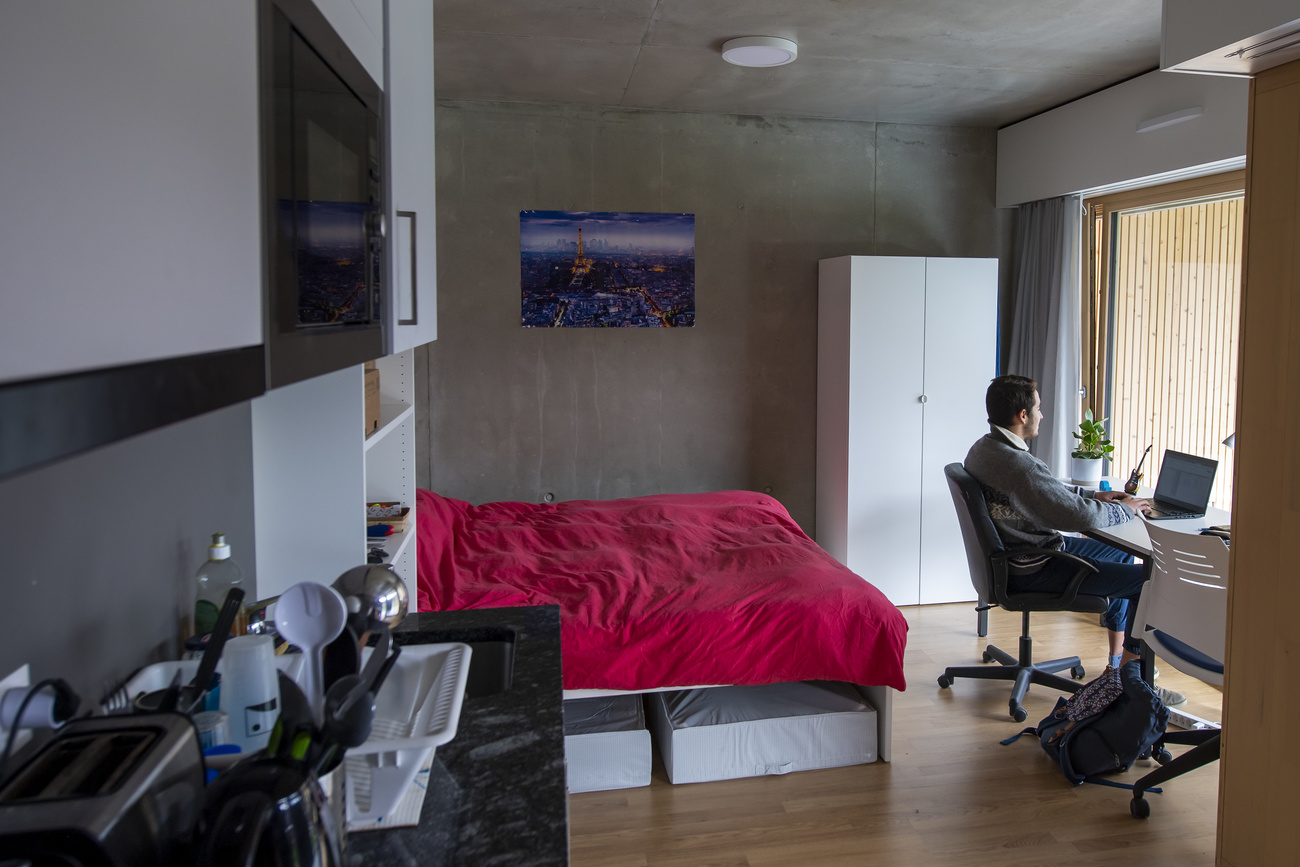
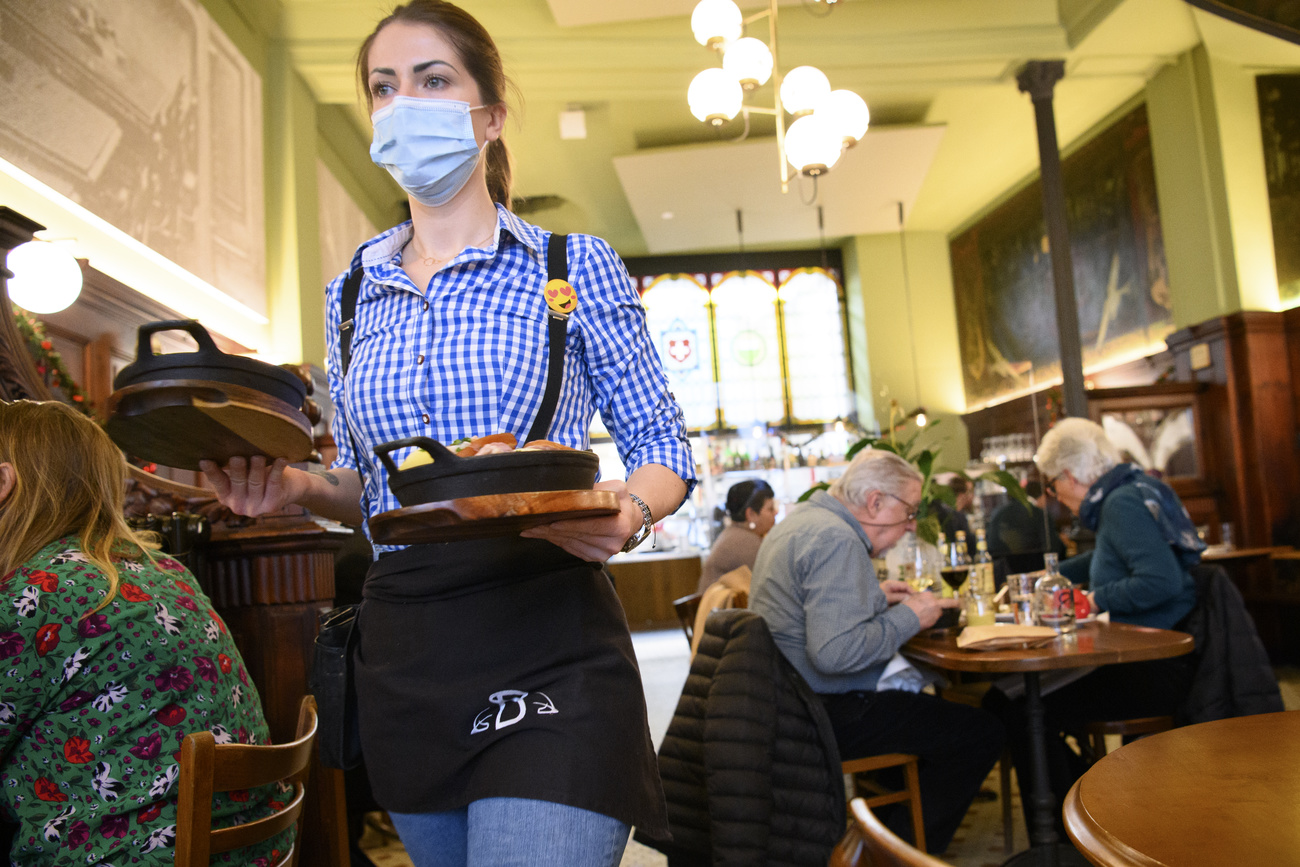

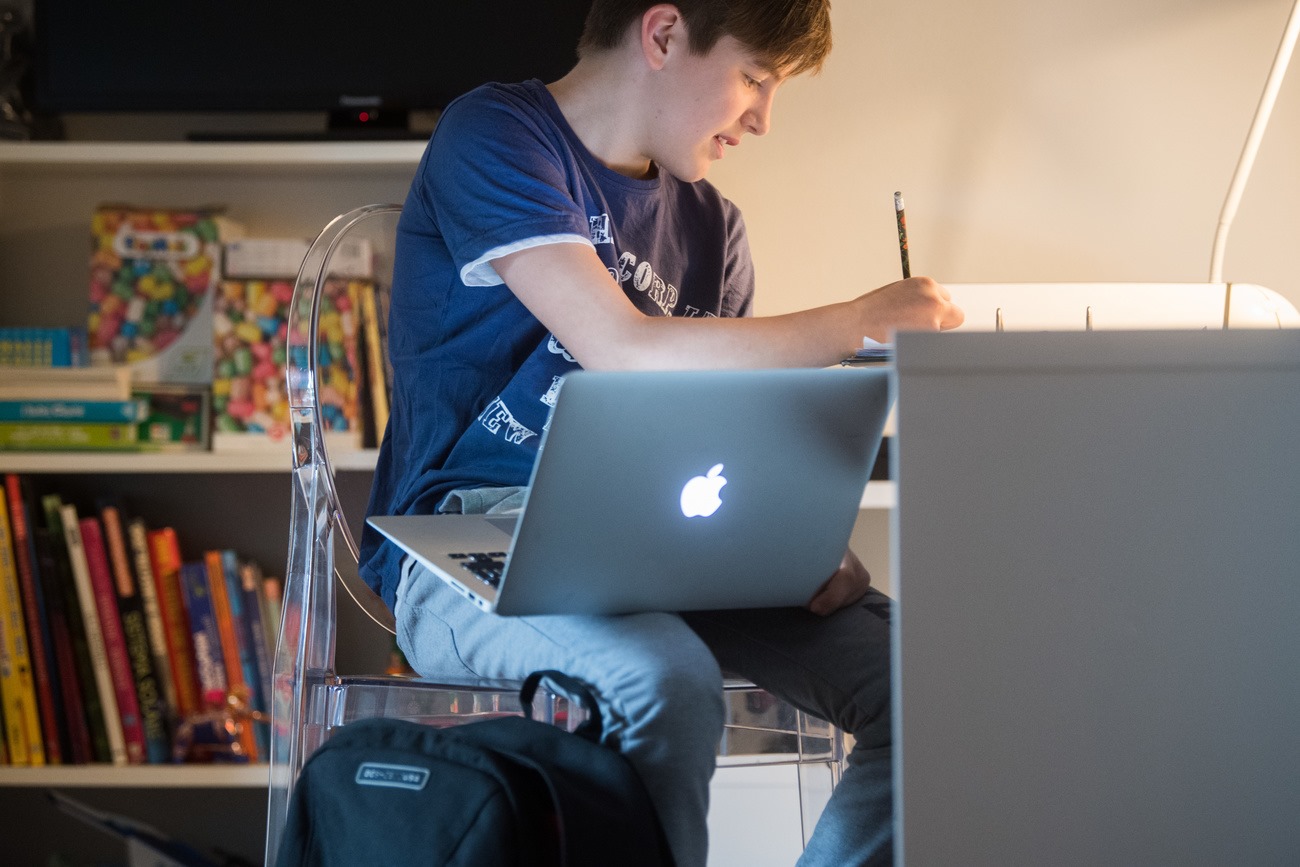
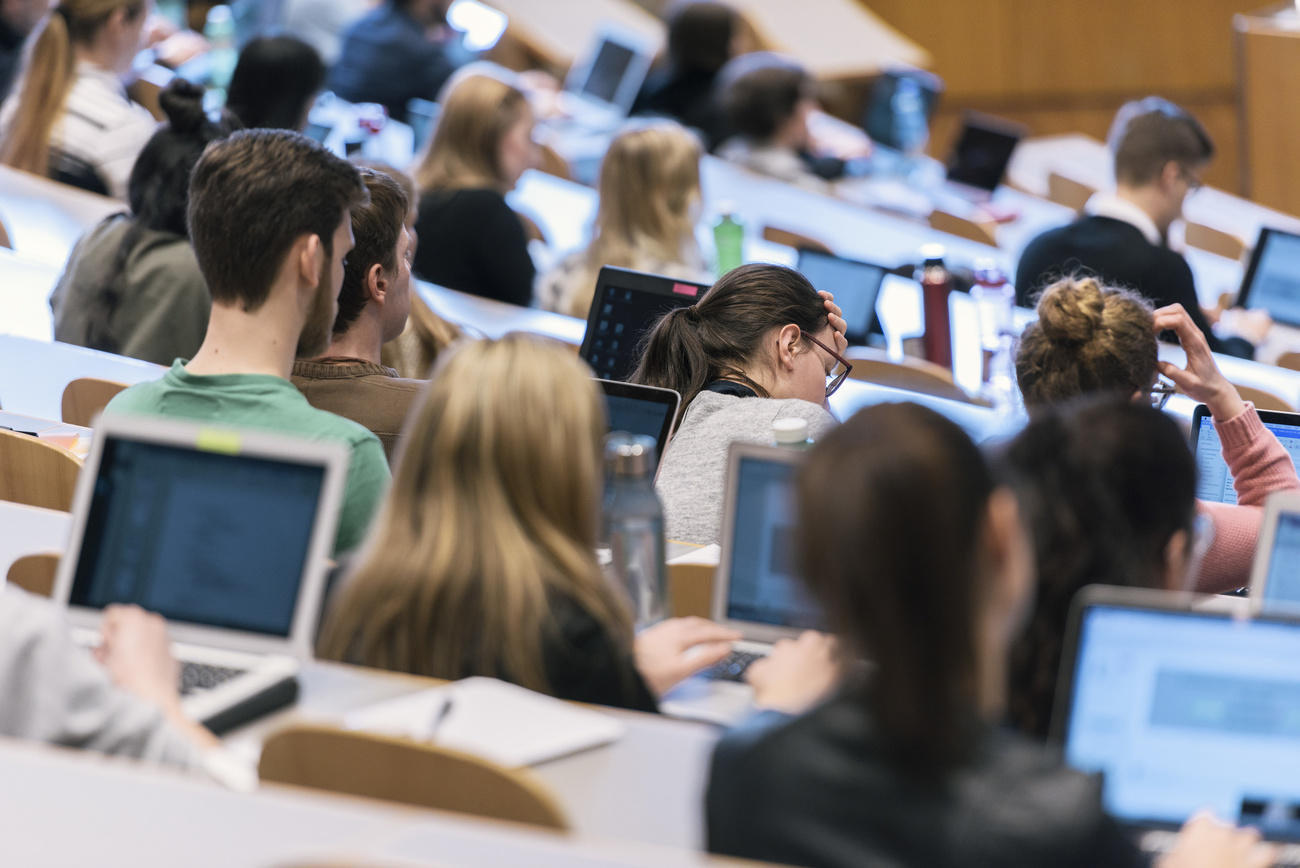
You can find an overview of ongoing debates with our journalists here . Please join us!
If you want to start a conversation about a topic raised in this article or want to report factual errors, email us at english@swissinfo.ch.